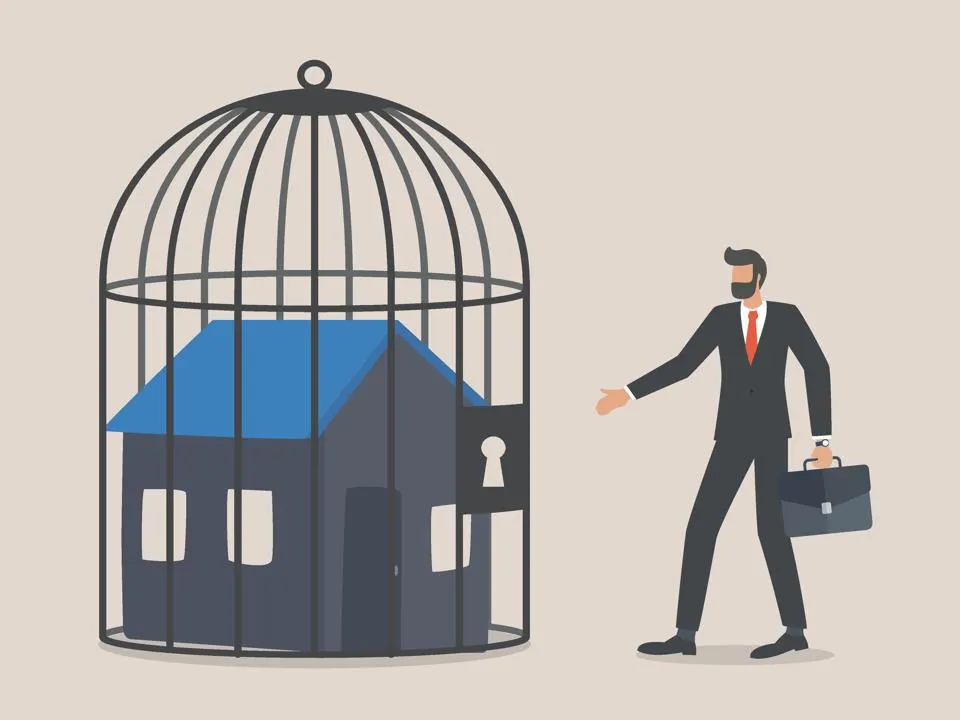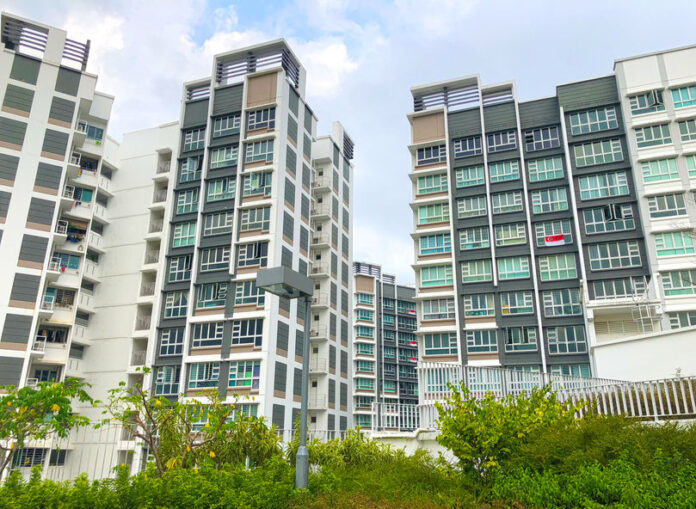Singapore’s property market is a vibrant and complex arena, especially for foreign investors and homebuyers. With its robust economy and stable political environment, the allure of owning property in Singapore is strong. However, it’s essential to grasp the specific regulations that govern foreign property ownership in this city-state. This understanding is not just a matter of compliance, but also key to making informed investment decisions.
Key Regulations for Foreign Property Buyers
Foreigners looking to buy property in Singapore face a unique set of regulations. Firstly, there are no restrictions on foreigners buying condominium units, which makes them a popular choice. However, when it comes to landed properties, the rules are more stringent. Foreigners need to obtain approval from the Singapore Land Authority under the Residential Property Act. The process involves demonstrating a significant economic contribution to the country. Furthermore, different rules apply to various property types, making it crucial for potential buyers to be well-informed before proceeding.

Types of Residential Properties
Singapore offers a diverse range of residential properties, catering to different preferences and budgets. The market is primarily segmented into private condominiums, landed properties, and Housing and Development Board (HDB) flats. Each category offers distinct features and adheres to different regulatory frameworks. Private condominiums are known for their modern amenities and are readily available to foreign buyers. Landed properties include terrace houses, semi-detached, and bungalows, offering more space but with tighter ownership restrictions for foreigners. Lastly, HDB flats are public housing units primarily reserved for Singapore citizens and Permanent Residents, with stringent eligibility criteria for foreign ownership. Ao, if you’re interested in properties such as The Chuan Park you need to know about the regulations for that property and your status as a foreigner.
Private Condominiums
Private condominiums are the most accessible property type for foreign buyers in Singapore. These high-rise developments are not just living spaces but often come with a suite of amenities like swimming pools, gyms, and security services. Foreigners can purchase these units without prior approval from the authorities. This ease of acquisition, combined with the luxury lifestyle that many condominiums offer, makes them a highly attractive option for foreign investors and homebuyers seeking a foothold in Singapore’s property market.
Landed Properties
Landed properties in Singapore, such as bungalows, terraced houses, and semi-detached homes, offer more space and privacy but come with tighter ownership regulations for foreigners. To buy a landed residential property, foreigners must apply for approval under the Residential Property Act. The approval process is selective and typically granted to those who can contribute significantly to Singapore’s economy. Factors such as professional or business contributions, and integration into the community, are considered. This regulation ensures that landed property remains predominantly in the hands of locals, preserving the national character and community spaces.

HDB Flats
Housing and Development Board (HDB) flats form the backbone of Singapore’s housing landscape, but they are largely inaccessible to foreigners. These flats are intended to provide affordable housing for Singaporeans and Permanent Residents. Foreigners are generally not eligible to purchase these units, except under specific circumstances like being married to a Singaporean or a Permanent Resident. Even then, there are further conditions and restrictions, reflecting the government’s commitment to keeping HDB flats primarily for citizens and Permanent Residents.
Eligibility Conditions and Regulations for Foreign Buyers of Executive Condominiums
Foreign buyers interested in Singapore’s executive condominiums face specific eligibility conditions and regulations. Notably, executive condominiums are a unique public-private housing hybrid, primarily designed for Singaporeans. Foreigners can only purchase these units in the resale market, and that too only after the initial Minimum Occupation Period of five years. This period increases to ten years if the condominium is bought directly from a developer. It’s crucial for foreign investors to understand these restrictions, as they limit immediate access to this segment of the housing market.
Eligibility Schemes for Foreigners
Singapore offers various eligibility schemes for foreigners wishing to purchase property. These include the Foreigners Eligibility Scheme, which allows non-Singaporeans to buy private apartments or condominiums without prior approval. However, for landed properties and restricted zones, a separate approval from the Singapore Land Authority is required. Understanding these schemes is essential for foreigners to navigate the local real estate market effectively and make informed investment decisions.

Additional Buyer’s Stamp Duty (ABSD)
The Additional Buyer’s Stamp Duty (ABSD) is a crucial factor for foreign property buyers in Singapore. This tax is imposed on foreigners to regulate the property market and prevent excessive foreign ownership. The ABSD rates for foreigners are significantly higher compared to locals, making it an important consideration in the overall cost of purchasing property in Singapore. This tax impacts investment returns and should be factored into any financial planning associated with property investment.
Legal Process and Documentation
The legal process of buying property in Singapore involves several steps and documentation, particularly for foreigners. It starts with securing an Option to Purchase agreement, followed by a Sale & Purchase agreement. Foreign buyers must also ensure compliance with the Residential Property Act. Legal due diligence is essential, including verifying the property’s title and understanding the terms of the purchase. Engaging a reputable lawyer is advisable to navigate this process smoothly.
Investment Considerations
Foreigners looking to invest in Singapore’s real estate must consider several factors. Market trends, property location, potential rental yields, and long-term capital appreciation are critical. Additionally, understanding the impact of government policies, like cooling measures and loan-to-value limits, is vital. Investors should also be mindful of the economic landscape and how it might affect the property market. A well-researched approach is essential for a successful investment.

Conclusion
In summary, foreign buyers eyeing Singapore’s property market, particularly executive condominiums, must thoroughly understand the eligibility conditions, legal procedures, and financial implications like the ABSD. The investment landscape in Singapore is robust but regulated, requiring careful navigation. It’s crucial for foreign investors to be well-informed and possibly seek professional advice to make sound investment decisions. Understanding these regulations and market dynamics is key to a successful property purchase in Singapore.


![Calgary’s Hottest Neighborhoods for Luxury Homebuyers [2024]](https://thewashingtonote.com/wp-content/uploads/2024/04/Calgary-218x150.png)






